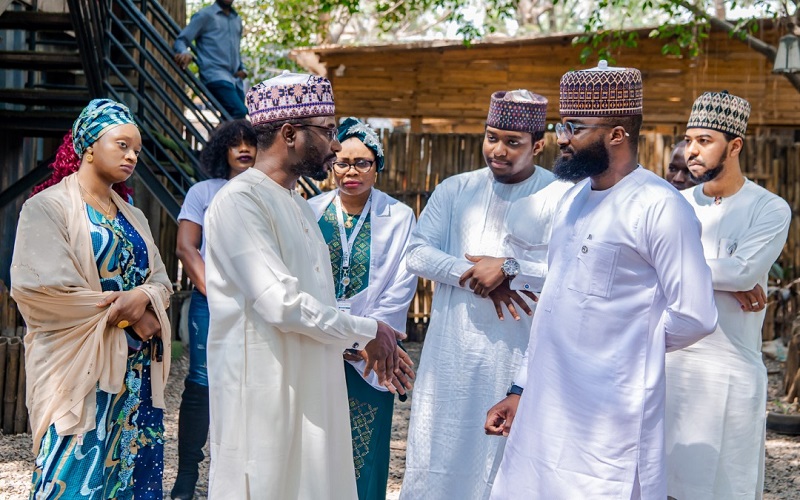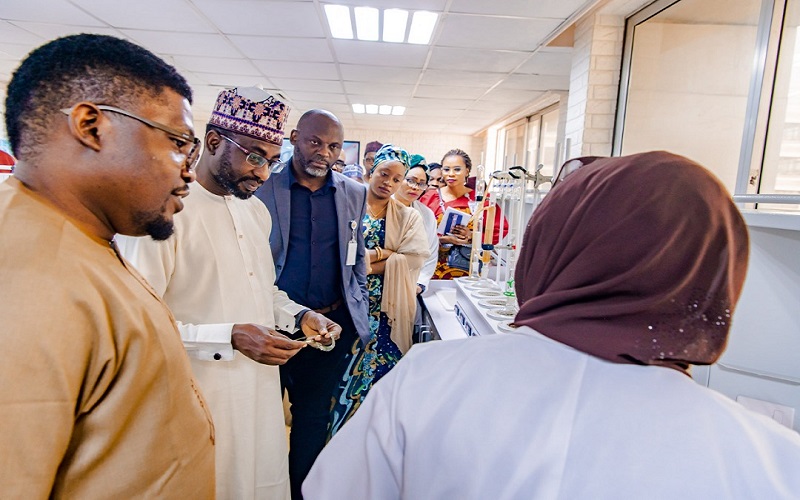The National Information Technology Development Agency (NITDA) has continued to engage with foreign partners on digital inclusiveness to accelerate the development of a digital economy for Nigerians.
Kashifu Inuwa, Director General and CEO of NITDA declared the Agency is leaving no stone unturned in the implementation processes of its Strategic Roadmap and Action Plan (SRAP 2021-2024).
He spoke during a virtual session with CDA Lead for Africa, Clayton Naidoo.
Inuwa disclosed that NITDA has continued to collaborate with CISCO since 2019, when an MOU was signed, to build an incubation centre that will foster digital skills and job creation for Nigerian Citizens.
In a related development, saddled with the task of leveraging on the opportunities available to Startups in facilitating collaboration with CISCO, the NITDA Director General, today, led some members of his team on a facility tour, to the Sharp Sharp Startup Company, one of the winners during the 2022 Gulf International Technology Exhibition (GITEX) in Dubai, with the aim of facilitating collaboration between the startup and CISCO.
CISCO is a worldwide leader in technology that powers the Internet with a focus on networking, collaboration solutions, security solutions, wireless and mobility, data centre, IoT, video, analytics, and software solutions.
Partnership and collaboration with stakeholders, throughout the value chain, and across the industry, allow NITDA to multiply its efforts and scale its impact.

In yet, a similar vein, the NITDA boss, in the company of Dr. Yau Isa Garba, the Coordinator of the National Centre for Artificial Intelligence and Robotics NCAIR, (A subsidiary of NITDA), also did a facility tour of the Uniccon Group of Companies Ltd, the Startup Company that built “Omeife” the first African Robot.
The NITDA boss recounted that during the unveiling of “Omeife” last December to the Vice President, Prof. Yemi Osinbajo, the Hon. Minister of Communications and Digital Economy, Prof. Isa Ali Ibrahim (Pantami), had encouraged NITDA to work with Uniccon Group on how to commercialise “Omeife”.
“We are willing to sign an MOU with Uniccon to infuse Omeife into our already established learning models if it has the ability to communicate in four identified Nigerian languages, namely, Igbo, Hausa, Yoruba and Pidgin English, towards achieving 95% digital literacy in Nigeria by the year 2030.
“This will, in turn, enable the citizens to employ digital devices for economic purposes,” he concluded.

